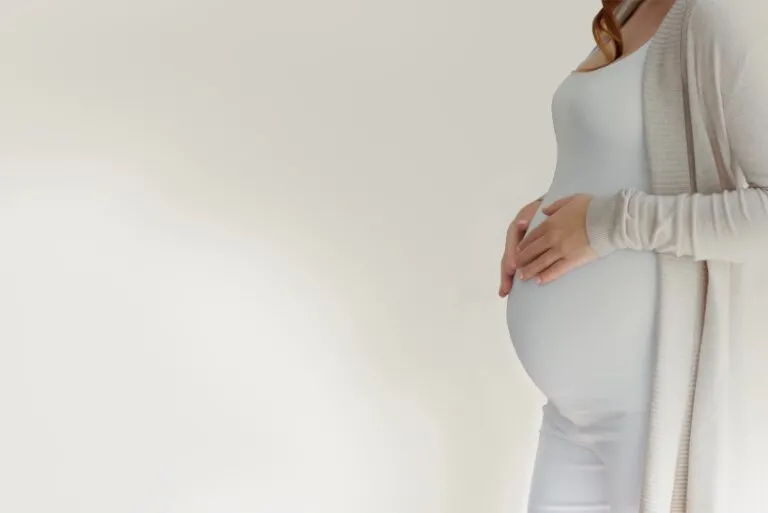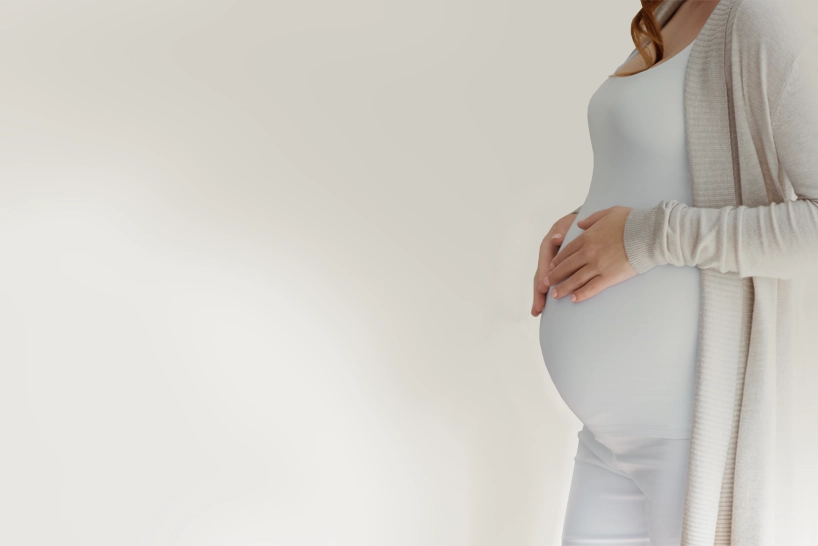Many different types of complaints can occur during pregnancy. Many women complain of urinary incontinence, especially in the last trimester. Sometimes this condition persists even after the birth. Why should you see a urogynaecological physiotherapist during pregnancy and what remedies are available for incontinence during pregnancy?
Urinary incontinence during pregnancy – causes
Pregnancy is a time when many physiological changes take place in a woman’s body. There are also complaints that are categorised by specialists as deviations. These include urinary incontinence. In some women, it occurs at the beginning of pregnancy. However, urinary incontinence occurs more frequently in the last trimester of pregnancy. This may be related to the increasing size of the baby and the uterus. As the organs become smaller and exert pressure on the bladder, they make it more difficult for the bladder to stretch and can therefore contribute to urinary incontinence. In addition, the pelvic floor muscles, which include the urethral sphincter, can weaken and function less well during pregnancy. On the other hand, urinary incontinence can also be caused by excessive tension in these muscles. In addition, many women are at risk of developing this problem due to bad habits such as incomplete bladder emptying or intermittent urination.
How can you prevent incontinence during pregnancy?
It is extremely important for women to ensure that they are properly prepared for pregnancy. Consultation with a physiotherapist during pregnancy planning can reduce the risk of urinary incontinence both during and after pregnancy, and appropriately selected exercises help to strengthen the pelvic floor muscles. This has positive effects for the future, e.g. during a natural birth. The expectant mother must also take into account the physiologically reduced volume of the bladder and must not postpone going to the toilet. Correct urination habits play an important role in prevention.
Urinary incontinence after pregnancy
Pregnancy and previous births are among the risk factors for urinary incontinence. The muscles of the pelvic floor are stretched by childbirth so that they function less well. If the problem has arisen after childbirth, it is worth consulting a physiotherapist who specialises in urogynaecology. Appropriate exercises and correct habits can make it easier to deal with incontinence. If this is not successful, methods such as pessaries or tapes can be used. Women struggling with incontinence are advised not to train their muscles on their own without professional guidance or to use the popular geisha balls. Incorrectly tensing and relaxing the pelvic floor muscles can exacerbate the problem instead of alleviating it.











